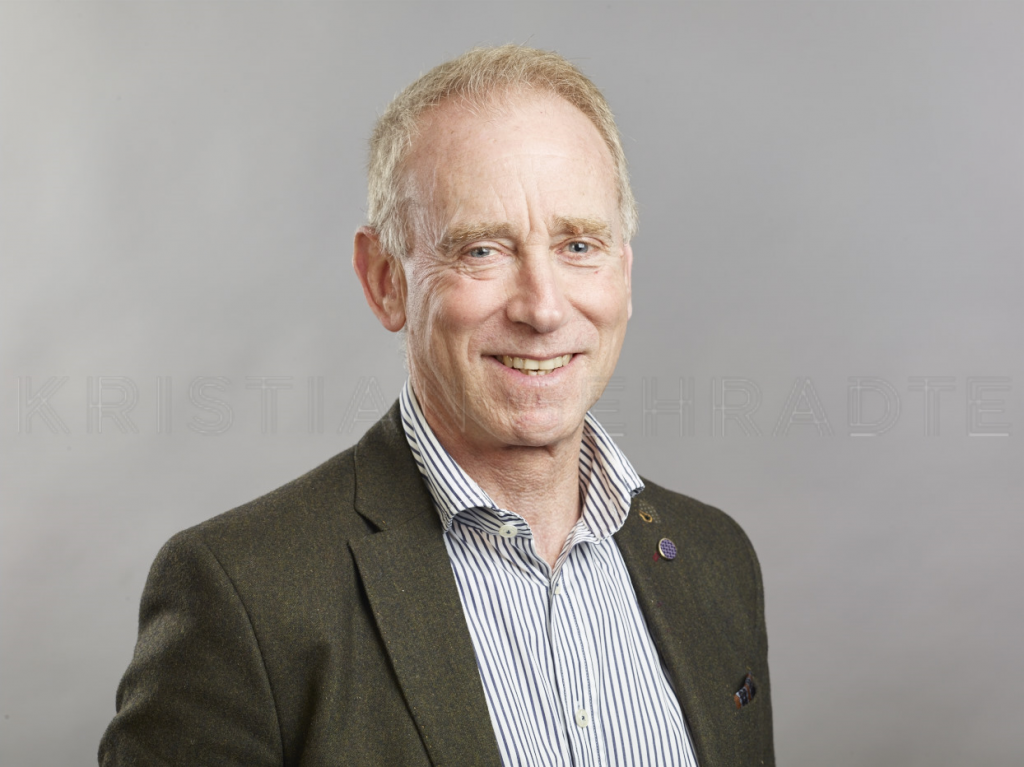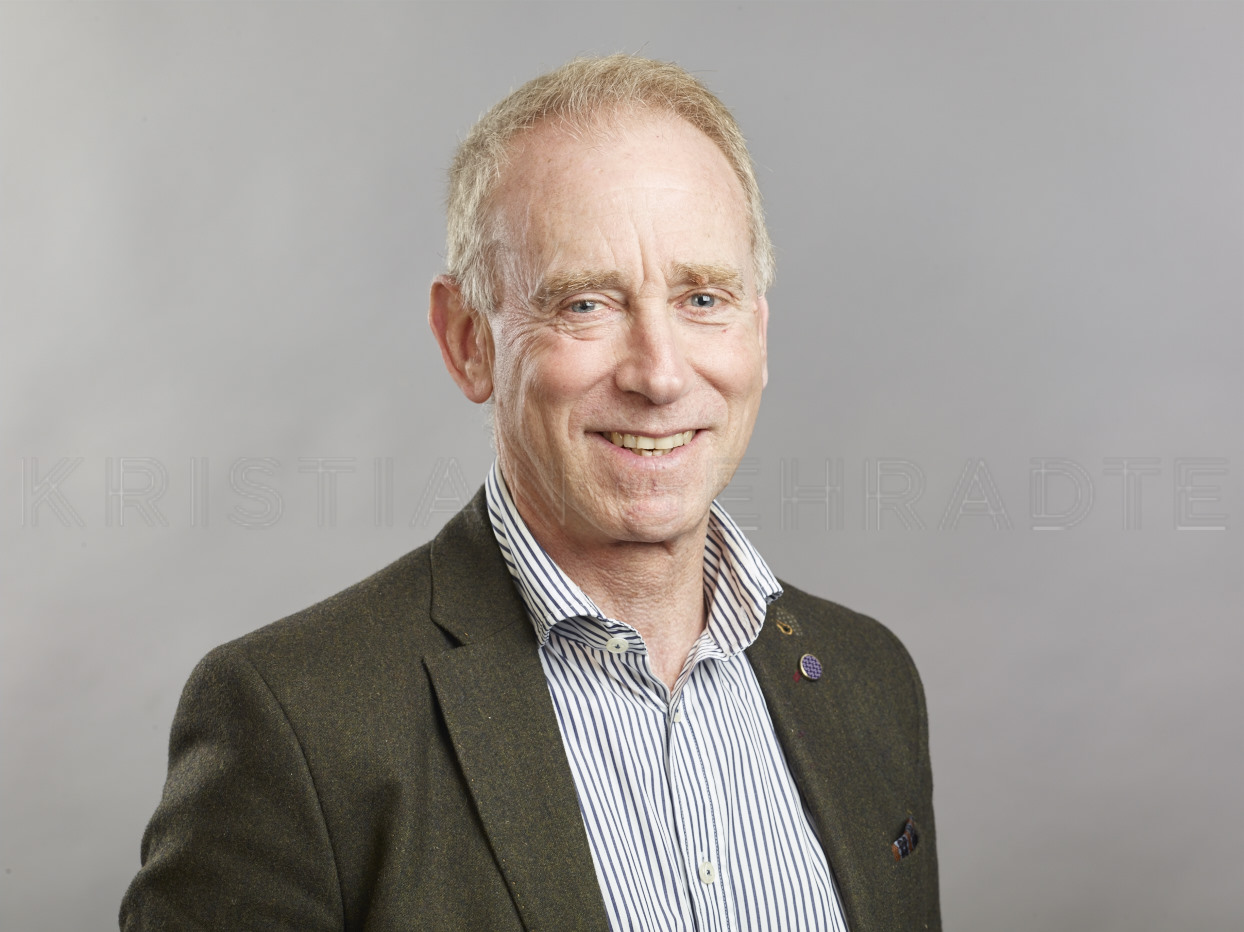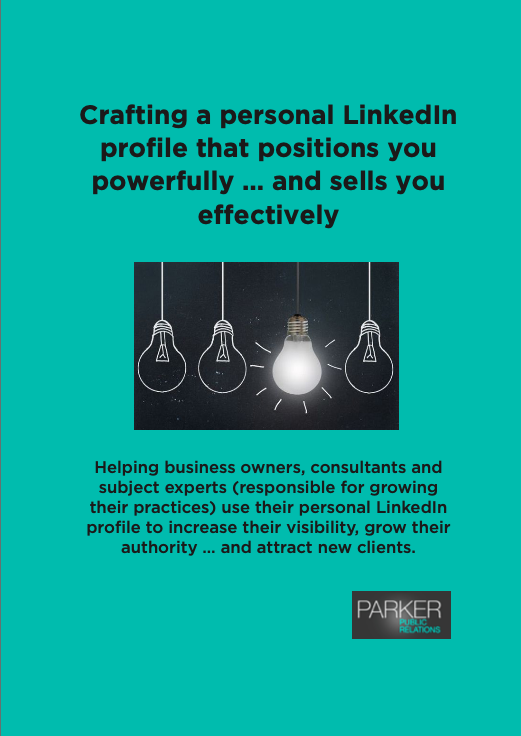In previous blogs I told you that I was on a quest to uncover Australia’s acknowledged and emerging thought leaders and that over the next little while will identify these unique individuals and unpack what it is that puts them into this much sought-after category.

Thought leaders are those special folk who consistently add to the body of knowledge in their industries, who are most likely to challenge the status quo, put forward new ideas for the future and raise questions around new thinking and new ways of doing things.
They’re also those trail-blazers and change-makers who not only have a vision for the future but have the mechanisms and wherewithal for implementing and ensuring this change occurs.
This week I’d like to put Danny Vadasz, CEO of Australia’s leading consumer health advocacy organisation, Health Issues Centre (HIC) under the spotlight. HIC is Victoria’s peak agency supporting consumers and the health sector to work in partnership to improve healthcare.
So what is it that earns Danny the title, thought leader?
He is a champion for the health consumer
Danny has long been an activist in the area of social reform, civil rights and the environment. This includes working as chief operations officer for the Australian Conservation Foundation.
In his current role as HIC’s head honcho, he is now fighting for the rights of the health consumer, taking up the cudgel and advocating on health issues across the board – from exposing the widespread failure of medical devices and implants, calling for more honest community consultation on My Health Record and encouraging older Australians to take charge of how they will navigate the ageing process and end of life.
In 2017 Danny was instrumental in initiating a national public investigation into the unintended injuries caused to thousands of women as a result of trans-vaginal mesh implants. (These implants were the “gold standard” treatment for pelvic prolapse and urinary stress incontinence prior to this research.)
Danny’s research led to far-reaching reforms, the most important being changes to information provided to women considering corrective prolapse and incontinence measures, the establishment of care pathways for injured women and changes to the risk rating applied to mesh by the regulator of medical devices, the TGA.
In 2018 HIC investigated complaints about the IUD device, Essure, which is now the subject of a class action against its manufacturer, Bayer Ltd.
However, Danny believes this is not the end of the line, and is now conducting research into medical device and implant failure across the board.
Like all good thought leaders, he has ideas for fixing problems
Rather than simply articulating problems, he makes it his business to provide the solutions.
He believes that the answer to many of the current woes in the health system is to create a system that is more accountable, that is open and transparent, does not see the need to ‘medicalise’ all interventions and more importantly … has the patient front and centre of the decision making process.
For patient-centred care to work, says Danny, the health system needs to be more accountable. “Currently it gets away with poor performance. If the car industry demonstrated the same failure rate for spare parts as does the health industry, it would go out of business.
“Medical devices should undergo the same rigorous clinical testing as pharmaceutical products, there should be firmer restrictions on medical device manufacturers rewarding clinicians, more effective reporting of adverse outcomes as well as the implementation of a central devices register and a more effective complaints process for device failure.”
To improve the system, he believes consumers should be better informed to make individual choices.
“What is missing from the health system is informed consent. If consumers are to be empowered they need to understand the risks and benefits of their treatment or procedures … and more importantly the potential impact of those risks on their wellbeing.”
To improve patient centred care he would like to see more social intervention, rather than the current highly medicalised model.
“We need to ‘resocialise’ health and see it in terms of total wellbeing and include preventative measures like exercise, nutrition, etc, rather than see health strictly through the lens of the stethoscope.
“For example when it comes to depression in the elderly, rather than throwing drugs at the problem, we should be looking at social interventions. Similarly when we are looking at obesity, we should deal with it outside the hospital environment and look at remediating the problem with social initiatives such as a sugar tax.
“Our tendency is to medicalise every problem. For instance, death is not a medical condition. It is a social condition. People should be having discussions at home about what they want at end of life, not waiting until they are admitted to intensive care!”
Ultimately Danny believes that for patient-centred care to truly work it needs ‘to be fit for purpose for the consumer, not the doctors, the pharmacists, the people that run the system, the politicians … but the end-user’.
Like all good thought leaders, he’s a great communicator
In addition to what his HIC team are saying on social media and other online communications platforms, Danny has a relentless media presence and has become the media go-to for medical device and health consumer commentary more generally.
The key to his popularity with the media is the fact that:
- He is extremely knowledgeable and can add enormous value. Although he doesn’t come from a medical or health background, he makes it his business to be totally knowledgeable about a topic before putting himself forward to be a commentator.
- The majority of stories he provides to the media are evidence based and have the backing of a significant body of research. They are not conjecture but steeped in fact, making what he has to say more persuasive than mere opinions.
- Because he is by and large an independent voice, without the constraints of big business and with the consumer as his core concern, he is unafraid of being outspoken. If he believes the health system is failing consumers, he will say so without fear or favour.
Like all thought leaders he is passionate about what he stands for
As a child of holocaust survivors and having grown up as a gay man in the working class conservative suburb of St Albans in Melbourne, Danny cannot abide injustice and has always been sensitive to individual rights.
Says Danny: “Growing up I saw how my parents lived in fear of persecution decades after the war and then as a young man in 60s and 70s I was faced with the dilemma of whether or not to come out and the impact this would have on my career.
“I decided to be true to myself and gave up what could have been a promising political career. Instead I chose to be an activist and fight back … something that would forever shape my future career decisions.”
As a result much of what Danny has done since has involved fighting for what he feels is important.
Do you believe you have what it takes to be a thought leader?
If you’re interested in learning more about Thought Leadership and what it takes to cultivate the skills necessary to fill that role, sign up for a free one-hour consultation.
Parker Public Relations provides thought leadership and personal branding for CEOs, community leaders, change-makers, innovators and academics. We also provide masterclasses and mentoring for those who would prefer to manage the process themselves.
Find out more about thought leadership branding.


